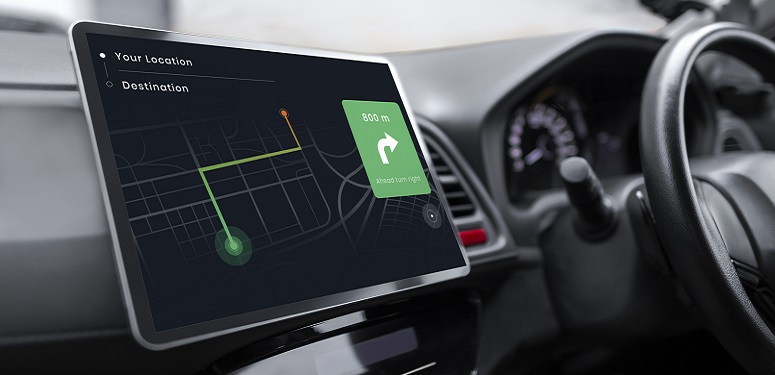Toronto, Ontario — In this week’s electric and autonomous vehicles report, Tesla hits a self-driving milestone after settling in a German lawsuit, Ford and Baidu unveil autonomous cars without steering wheels and a Deloitte report suggests that tomorrow’s cars are vulnerable to hacking attacks – who knew?
Clocked In
Tesla celebrates 35 million miles driven on the full-self-driving (FSD) beta, an undisputable milestone in driver assistance technology.
According to Tesla’s second quarterly 2022 financial results, the FSD beta has clocked in 35 million miles since October 2020. This is expected to increase exponentially, with the beta rolling out to more countries and Tesla owners.
This is expected to clock in beyond 10 million miles of data per annual quarter in the future, due to more drivers in the beta and the upcoming software patch merging highway and city driving FSD software stacks into a singular one.
As impressive as this achievement is, it accompanies a slew of concerning investigations with FSDs involved in fatal collisions, crashing into stationary emergency vehicles and paying out approximately $147,000 in a German court. Not something you’d brag about to your investors.
Look, no hands!
General Motors and Ford are seeking an NHTSA exemption to deploy self-driving vehicles without steering wheels, brakes, windshield wipers or turn signals according to a Reuters article reposted by the National Automobile Dealers Association.
Ford wants to deploy self-driving hybrid-electric vehicles “specifically designed and tailored to support mobility services such as ride-sharing, ride-hailing and package delivery.”
According to a document released by the NHTSA on July 20, this petition was originally submitted in July 2021 and is now open for public comment for another 28 days.
NHTSA Administrator Steven Cliff said the agency “will carefully examine each petition to ensure safety is prioritized and to include considerations of access for people with disabilities, equity and the environment.”
If authorized, this may allow up to 2,500 fully autonomous vehicles to be deployed on U.S. roads in the near future.
Inside job
Good news, cyber experts – future cars are increasingly vulnerable to cyber attack, with a recent Deloitte study calling on all segments of the auto industry to harden vehicles’ cybersecurity measures.
While current cyber attacks are limited to entry methods for vehicular theft, a cyber attack could theoretically be used to force autonomous vehicles into collisions, or gather and sell personal information without driver consent.
According to the report, this potential cyber threat affects connected, autonomous, shared and electric (CASE) vehicles due to high levels of AI integration and device interconnections. For digital attack, only one component needs to be compromised to access all others in the network.
This isn’t something only for the future though. The report highlights that earlier this year in February, a teenager successfully gained remote access to 25 Teslas in 13 countries. This hack was brought to Tesla’s attention and intended to highlight security gaps, but represents the vulnerability of cars to a cyber attack.
The report does conclude on a high note for most of us though, “the promise of new customers and increased market share for those who fully engage means that few organizations are ignoring how connectivity and autonomy can impact their business.”













































































